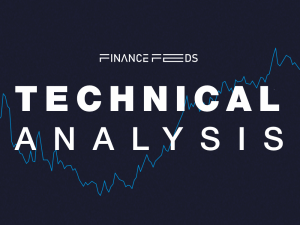Revolut US suspends Cardano, Polygon, and Solana
In response to the recent crackdown by the U.S. Securities and Exchange Commission (SEC), the US arm of UK challenger bank Revolut announced on Friday that it would be delisting three crypto tokens from its platform.

Revolut will completely remove Cardano (ADA), Polygon (MATIC), and Solana (SOL) in September. As a first step, the company has suspended the purchase of ADA, MATIC, and SOL for all customers. However, users will still have the ability to hold and sell these tokens until September 18th.
In an email addressed to its US clientele, Revolut stated the following: “Our U.S. crypto services provider has decided to delist these tokens due to the changing laws and regulations around cryptocurrency in the United States. Any remaining tokens will be sold on your behalf using the market price at the time of sale. We’ll deposit the USD proceeds into your Revolut account.”
Revolut’s spokesperson clarified that the delisting process is a result of changes in the company’s US infrastructure and as these assets have not been officially classed as securities. He also noted that the move is specific to Revolut’s operations in the United States and does not apply to other jurisdictions. The spokesperson reassured users that outside of the US, Revolut continues to support and provide services for ADA, MATIC, and SOL tokens in other regions.
In addition to Revolut, several other companies, including Robinhood, eToro, and Bakkt, have also announced the delisting of several tokens in recent weeks. These actions have been prompted by the classification of these cryptocurrencies as unregistered securities by the U.S. Securities and Exchange Commission (SEC) in early June.
The move indicates that Revolut is taking the SEC’s actions seriously and is considering potential changes to comply with regulatory requirements in the digital asset space. The watchdog filed lawsuits against both Binance.US, the American subsidiary of the largest cryptocurrency exchange globally, and Coinbase, the largest exchange in the United States. The SEC alleges that several tokens listed on these exchanges are unregistered securities, which violates securities laws.









